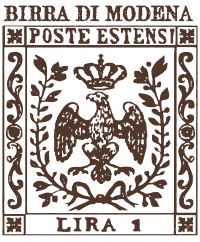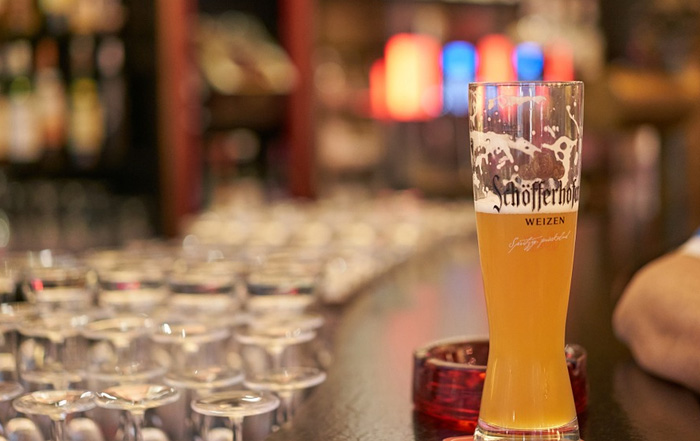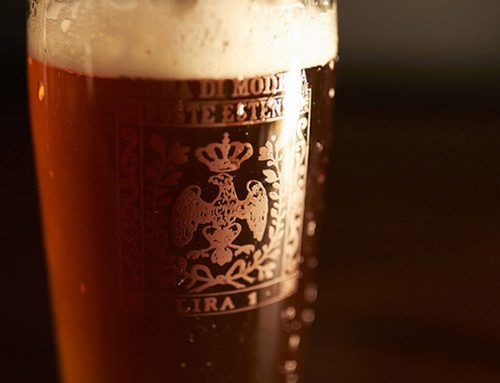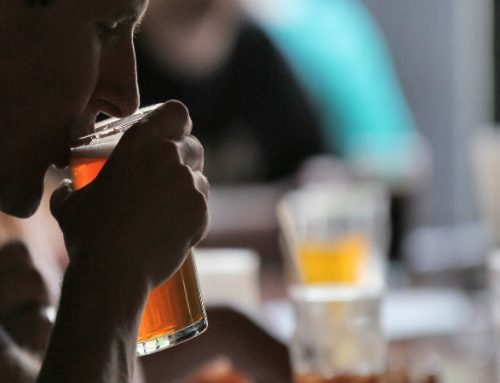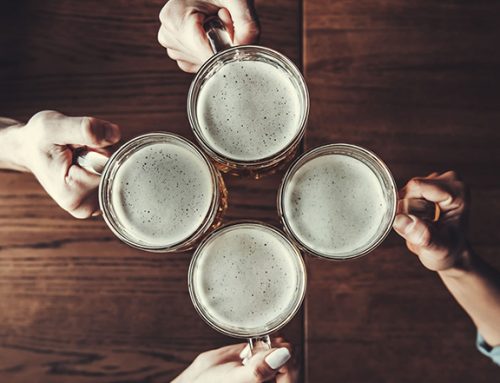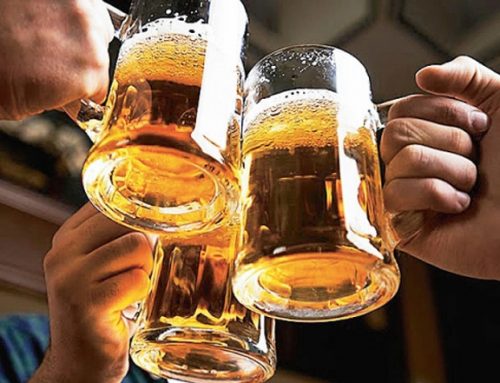It is possible thanks to a loophole adopted soon after the proclamation of the law. Thus even the esteemed and law-abiding German brewers have followed our Italian saying of “as soon as the law is made, the tricky way around it has been found.” In 1516 Duke Wilhelm IV of Bavaria issued the Law of Purity (die Reinheitsgebot) limiting the ingredients of beer to barley, hops, and water.
(Please see the related article-FAQ.)
But afterwards, with various ordinances (from 1520 to 1548), the self-same William IV granted to the noble Degenberg house of Schwarznach, as a recognition for services rendered, a perpetual privilege to produce wheat beer. The privilege was probably considered of little importance and was also granted to others in the Duchy of Bavaria. When, contrary to expectations, wheat beer became a notable success, the matter annoyed the Duke and he banned the production by all in Bavaria except for the Degenberg house whose privilege, being feudally perpetual was not revocable.
But, in 1602, the feudal lord died without a successor, and Duke Maximilian IV, far from suppressing the profitable wheat beer, took back the privilege for himself, and production continued as a monopoly of the reigning family of Bavaria until 1798. In that year a few licenses were granted for wheat beer, but only because its popularity had declined. It remained an almost unknown beer until the Nineteen Sixties, when inexplicably it made a comeback and really caught on, to the point that it is now the most widely consumed type of beer in Bavaria
